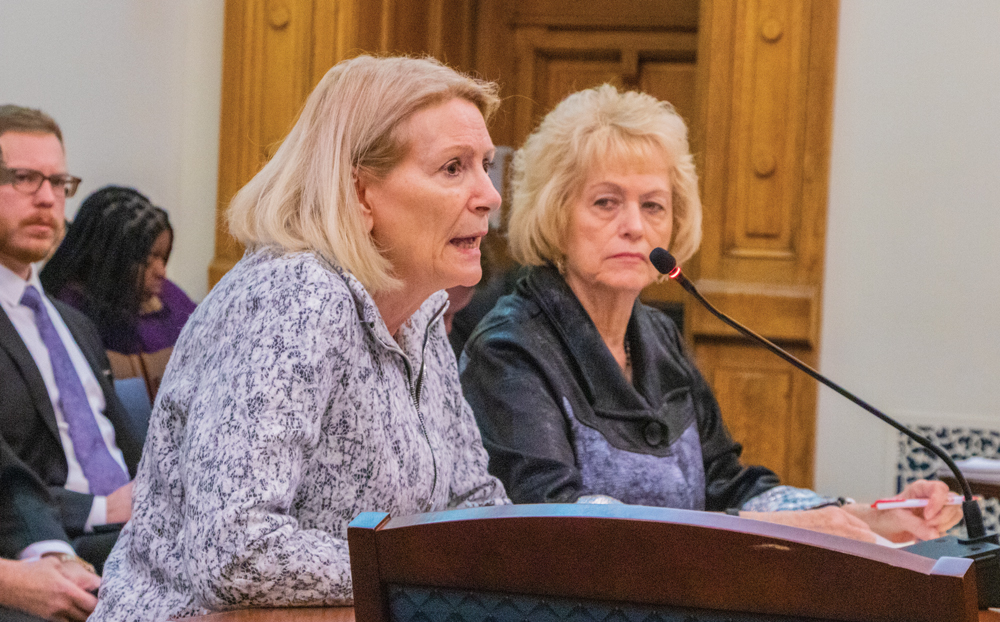By Luke McNamee
ISMA Deputy Director of Policy
The 2020 Indiana General Assembly is rapidly approaching, and it is predicted to be “the session of health care.” This year’s short, non-budget session will run through the statutory deadline of March 14. That abbreviated timeline means legislators have only 10 weeks to discuss and vote on major health care policy changes. As always, the ISMA Government Relations team and the Commission on Legislation will work closely with Indiana General Assembly members to ensure physicians have a seat at the table.
Priorities for 2020
ISMA is pursuing several legislative priorities to protect patients and improve the practice environment for physicians.
One of our top priorities is continuing to push for
tobacco cessation. The recent increased awareness of vaping-related illness has prompted the House, Senate and governor’s office to work toward increasing the age to purchase tobacco and vaping products from 18 to 21. With five vaping-related deaths in Indiana in 2019, and the fact that 95% of adult smokers start before age 21, it’s more important than ever to keep tobacco out of the hands of young Hoosiers. ISMA plans to work closely with legislators to ensure that Indiana law mirrors recent changes in federal law to increase the purchase age for tobacco products to 21. Legislation is also expected to beef up penalties for violations of this change.
ISMA is also working to protect patients from
surprise bills while maintaining physicians’ ability to negotiate fair compensation. Several federal proposals address this issue, and we expect similar proposals in Indiana. ISMA will advocate to include a rapid, baseball-style, independent dispute resolution process in any new law, similar to bills that have passed in Texas and New York. ISMA opposes alternative proposals that suggest capping payments at a percentage of Medicare reimbursements or at the median in-network rate.
ISMA will also work to reform
non-compete agreements in physician contracts, such as restrictive covenants that prevent physicians from working in a geographic area for a certain period after leaving a job. Often, this necessitates traveling a great distance to continue practicing. ISMA wants to ensure that restrictive covenants include reasonable buy-out provisions and that patients will be told their physician’s new place of employment upon request. These changes will give flexibility to physicians, allow medical practices to recover hiring costs and let patients retain their doctors.
Finally, as health care delivery becomes team-based, data shows that patients frequently mistake nonphysician providers for physicians (and vice versa). Only half of patients believe it’s easy to identify who is a physician and who is not by reading the services they offer, their title and other credentials in advertising and marketing materials. Therefore, ISMA is pursuing
more stringent advertising standards for health care professionals that will protect patients from misleading information, coupled with a requirement that practitioners’ ID badges state their license type, to ensure transparency with patients.
We encourage you to participate in our organized events, but simply taking a few minutes to email your legislator can have a major impact.
If you are interested in contacting your legislator, the ISMA team stands ready to assist you. Reach out to
advocacy@ismanet.org to get involved!

ISMA President Lisa Hatcher, MD, testifies on SB 97, authored by Sen. Vaneta Becker (right).
 Alex Choi, MD, and Government Relations team members Luke McNamee and Grant Achenbach, JD,
Alex Choi, MD, and Government Relations team members Luke McNamee and Grant Achenbach, JD,
at the Statehouse.